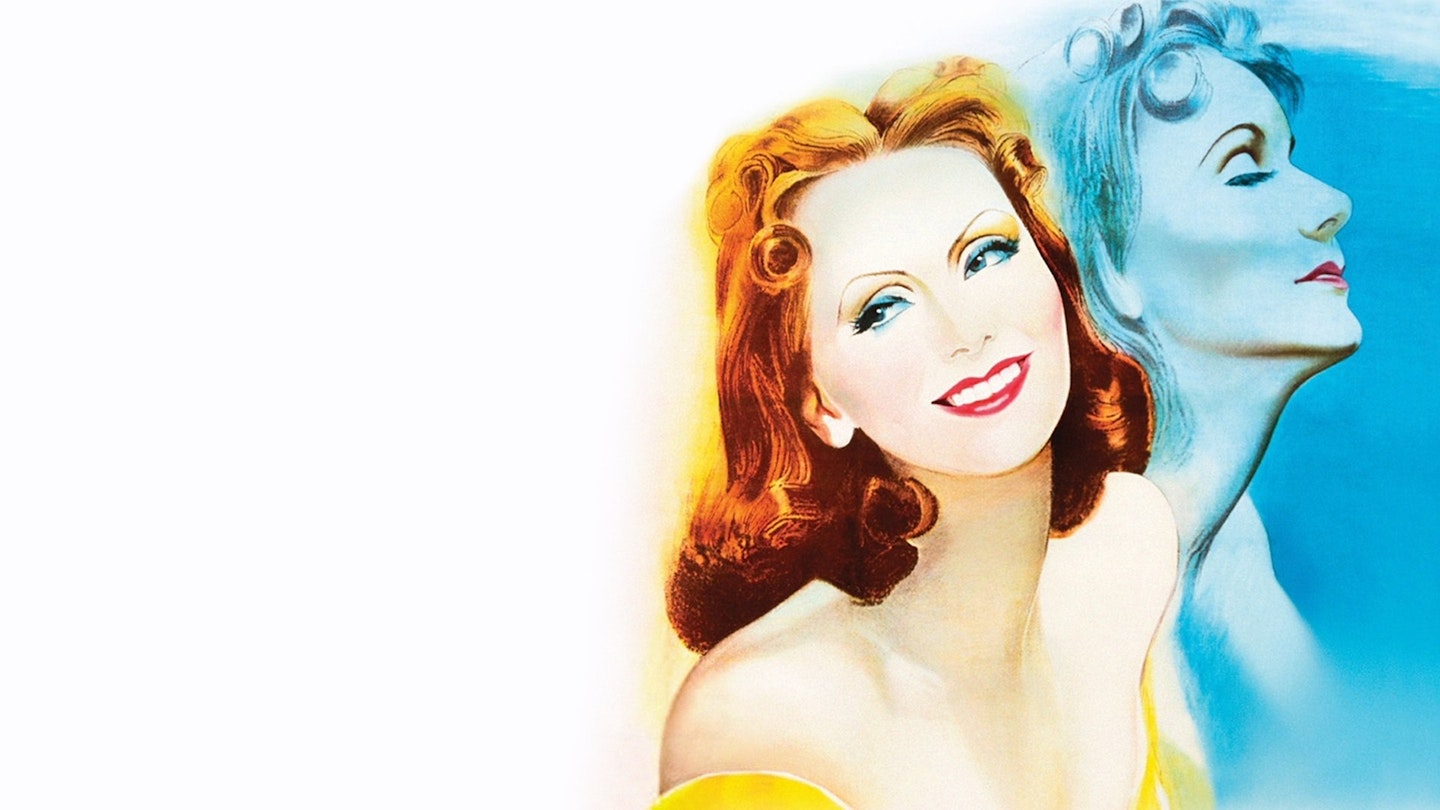Directed by Ernst Lubitsch and co-scripted by Billy Wilder, this enduring delight stands at the crossroads of American screen comedy. Studded with instances of the `Lubitsch Touch' and imbued with the screwball spirit, it contains significant traces of the acerbic satire that would become Wilder's trademark in the less innocent postwar world.
Yet, what most people remember about Ninotchka is the advertising slogan, Garbo Laughs!', which consciously echoed the Garbo Talks!' tag that boosted her sound debut, Anna Christie, just nine years earlier. She would only make one more picture, another comedy with Melvyn Douglas. But while it also suggested that the great diva was a deft comedienne, the writing and direction of Two-Faced Woman left a lot to be desired.
Despite her misgivings, Garbo was always set to headline this romantic comedy of political manners. However, William Powell and Cary Grant were originally considered as her co-star and Lubitsch only consented to direct after George Cukor decamped to Gone With the Wind and MGM agreed to make The Shop Around the Corner as part of the deal.
Disliking Gottfried Reinhardt and S.N. Behrman's screenplay (in which Buljanoff, Ironoff and Kopalski were played straight), Lubitsch commissioned a rewrite from Wilder, Charles Brackett and Walter Reisch, although he also made major uncredited contributions. Yet for all the sparkling wit, some of the Bolshevik-Capitalist gags feel forced and the storyline droops after Leon follows Ninotchka back to Moscow.
However, Lubitsch's major concern was Garbo, whose insecurities were exacerbated by the demands of deadpan clowning. She was particularly nervous about the drunk scene, which she considered highly vulgar. Reports vary as to the nature of their relationship. But Lubitsch managed to relax Garbo to the extent that she was not only very funny, but also more feminine than in any role bar Camille and it's the fact that she comes across as a woman and not an icon that makes this performance so memorable.
Cole Porter musicalised the story as Silk Stockings, which was filmed with Fred Astaire and Cyd Charisse in 1957.
